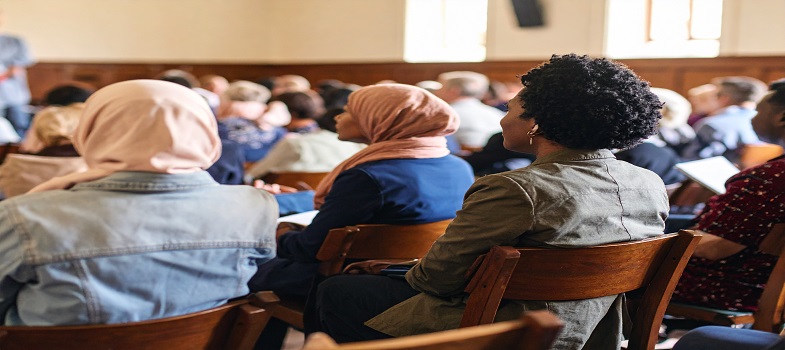Migrant participation in the UK
Getting involved in civic, political or public life can look very different depending on where you live in the UK. Some groups, including migrants, ethnic minorities, women, disabled people and young people, often face more participation challenges.
These challenges can be personal – for instance, being nervous about speaking in public, not feeling confident to speak English, working long hours which makes it harder to connect with others locally, or being unaware of your right to vote.
Many migrants in the UK who are allowed to vote don’t realise that they can, or that they need to register to vote.
There can also be legal and social barriers. Your ability to vote, stand as a candidate in election, or to work in the public sector may depend on your nationality, visa or immigration status.
Negative attitudes towards immigration or lack of support can also make it harder for migrants to trust or feel welcome in political and public spaces. Migrants who have faced political persecution in their country of origin may be especially wary of getting involved.
In the UK, over 4 million residents cannot vote in General Elections and over 1 million residents in England and Northern Ireland do not have the right to vote at all (Migrant Democracy Project 2025).
Yet, there are many ways you can have your voice heard that are safe and open to everyone – such as responding to surveys and public consultations, or attending events where all residents are welcome.
Migrant communities play a big role in the UK’s economy, culture and society. It’s important that their voices are heard and shape decisions that affect their lives.
